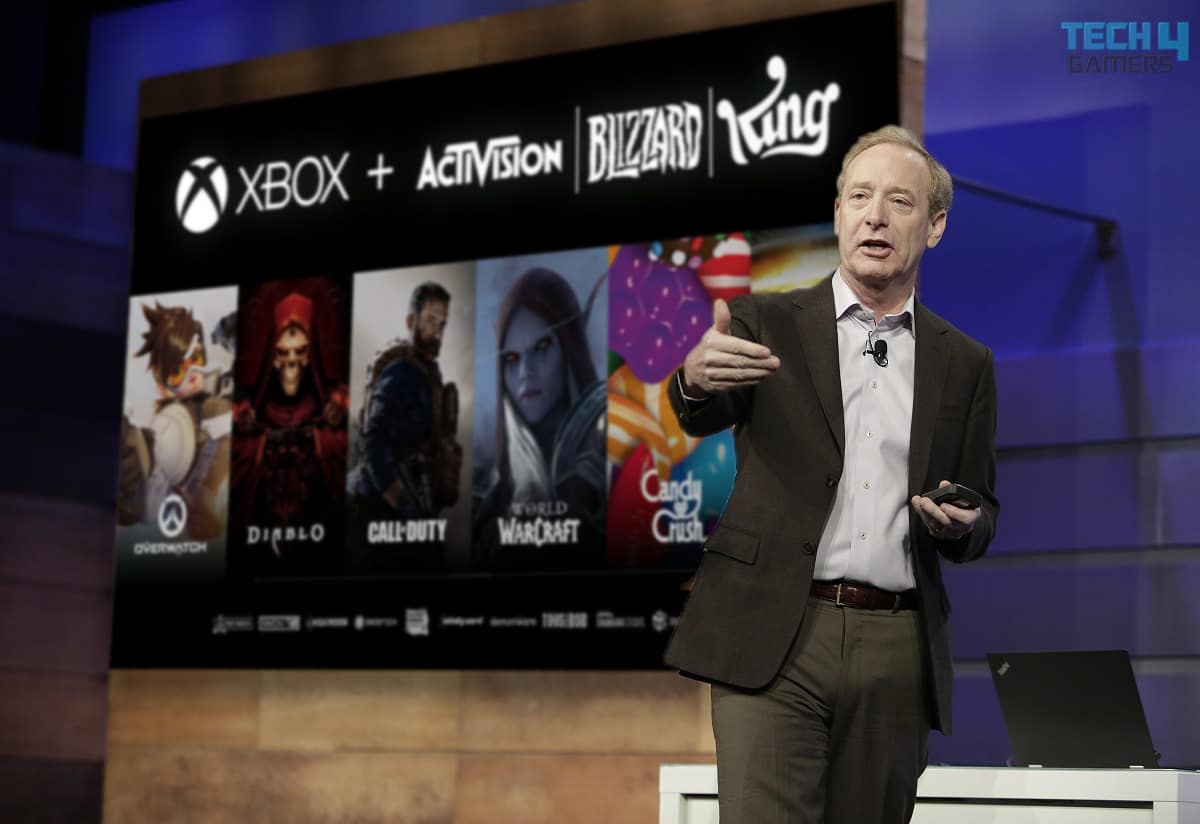The Competition and Markets Authority (CMA) of the United Kingdom contacted the people earlier this year to discuss Microsoft’s planned purchase of Activision Blizzard. The CMA has released its report after soliciting stakeholders’ feedback on whether the transaction poses risks to the sector. According to the CMA, around 75% of the over 2,100 emails submitted supported the agreement, while 25% disapproved.
The CMA’s conclusions contain a variety of public justifications both for and against the acquisition, first disclosed by Axios Gaming co-author Stephen Totilo. None of the reasons in favor of the transaction will be remarkably fresh if you’ve been following the process that’s been playing on for several months. Most people have just repeated Microsoft’s claims, particularly with regard to the company’s future ambitions for the Call of Duty series.

The Race To Proprietorship
Proponents of the arrangement point out that Microsoft has often said that it has no intention of making games like Call of Duty proprietary, something it has guaranteed PlayStation as well as Sony for at least a decade. Since Nintendo and Sony are said to have a stranglehold on the retail marketplace, proponents of the Activision Blizzard agreement argue that Microsoft should be permitted to render Activision Blizzard titles proprietary.
UK's competition regulator just posted a summary of some 2,100 emails received from the public in October re: the Microsoft-Activision deal
About 3/4 in favor; 1/4 againsthttps://t.co/Uh5rY707RS
— Stephen Totilo (@stephentotilo) December 21, 2022
In contrast, those who are against the transaction appear to be more worried about the future of the video game industry in general. They argue that Microsoft wants to control the gaming business the way it does the PC markets, adding that the Activision Blizzard transaction might set the stage for the acquisition of even larger companies such as Electronic Arts, Ubisoft, and Take-Two.
There are valid points on both sides, and it would be fruitless to poll the general people on whether they think the arrangement is a good idea or not. Most emailers will likely be advocating for their preferred gaming platform; thus, it’s questionable if they care at all about the sector as a whole. The CMA itself admitted that many submitted emails were disqualified from consideration because they included either rude or incomprehensible remarks.

The FTC has filed an antitrust complaint against the acquisition, so for the time being, Microsoft doesn’t have to bother about the CMA. It will almost certainly go through, but protracted judicial battles might push out the completion date beyond June 2023. It appears that this issue will continue for far longer than Microsoft had anticipated.










